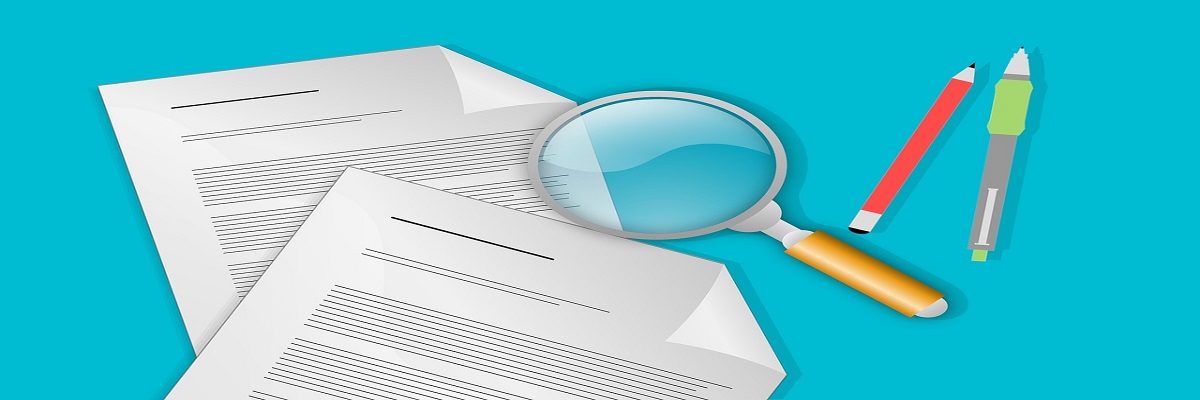Call: 888-297-6203
People struggling with financial problems are often at their wit’s end and file for bankruptcy. While bankruptcy is an excellent way to get rid of your debts, it is important to weigh your options before filing for bankruptcy. There can be several situations when bankruptcy filing may not be of much help to you. Two of the most common bankruptcy chapters are chapter 7 (liquidation of assets) and chapter 13 (repaying debts through a 3-5 years repayment plan). Though both take different ways to reduce your financial burden, they affect your credit report and future lifestyle. Therefore, it is important to consult with an attorney before a bankruptcy filing. Some of the points to remember before taking a bankruptcy filing decision include:
- Eligibility for bankruptcy – To be eligible for chapter 7 bankruptcy, your income should be less than the state’s median. In contrast, for chapter 13 bankruptcy, you need a steady monthly income to finance your repayment plan.
- Debts that will be discharged – Some debts like tax, alimony, child support, and student loans cannot be discharged if you file for bankruptcy. However, filing for bankruptcy will put an automatic stay to stop creditor harassment.
- Fate of assets – Filing for bankruptcy comes with exemptions that help you protect your assets. However, if exemptions are not enough to protect the property and you are not current on your mortgage or car payments, you might lose them in chapter 7 bankruptcy. The creditor can take the collateral for a secured loan if you cannot pay for it in chapter 13 bankruptcy.
- Credit card debt – Unless the debt was acquired using fraudulent means, credit card debts are wiped out in both chapter 7 and chapter 13 bankruptcy. However, in the case of chapter 13, you might have to repay some amount of it through your repayment plan.
- Fate of pension plans and paychecks – State laws protect most life insurance and pension plans, although lenders can garnish your wage in some cases.
- Co-signers’ liability for the debt – If any co-signer had signed your debt agreement, the creditors might pursue them if you file for chapter 7 bankruptcy and get a discharge for that debt. However, chapter 13 bankruptcy protects the co-signers.
- Invasion of privacy – Since you have to disclose your financial details to the bankruptcy court, people may find out about your financial problems. Moreover, in chapter 7 bankruptcy, your non-exempt property is liquidated to clear your debts. In contrast, in chapter 13, you can make only essential permissible expenses over your repayment period.
Bankruptcy filing for business owners
Business owners who face financial troubles can also file for bankruptcy to get rid of their debts. However, they should be prepared for detailed scrutiny of their business balance sheets. You can ask your creditors to reconsider the repayment terms instead of filing for bankruptcy or work with a bankruptcy attorney to get the required legal help. If you wish to close your business because of no demand for your products, you should opt for chapter 7 bankruptcy. However, if you wish to continue operating your business, you should choose to restructure it with reorganization bankruptcy.
To get rid of your debts in bankruptcy, it is important to list all your creditors on the bankruptcy schedules. Any debts for a creditor not listed on the schedule will not be discharged. Hiding or transferring assets is not recommended as it may lead to the dismissal of your case without a discharge. Ensure that you hire an experienced bankruptcy attorney for the proceedings. Call 888-297-6203 to consult experienced bankruptcy lawyers in Dallas.

